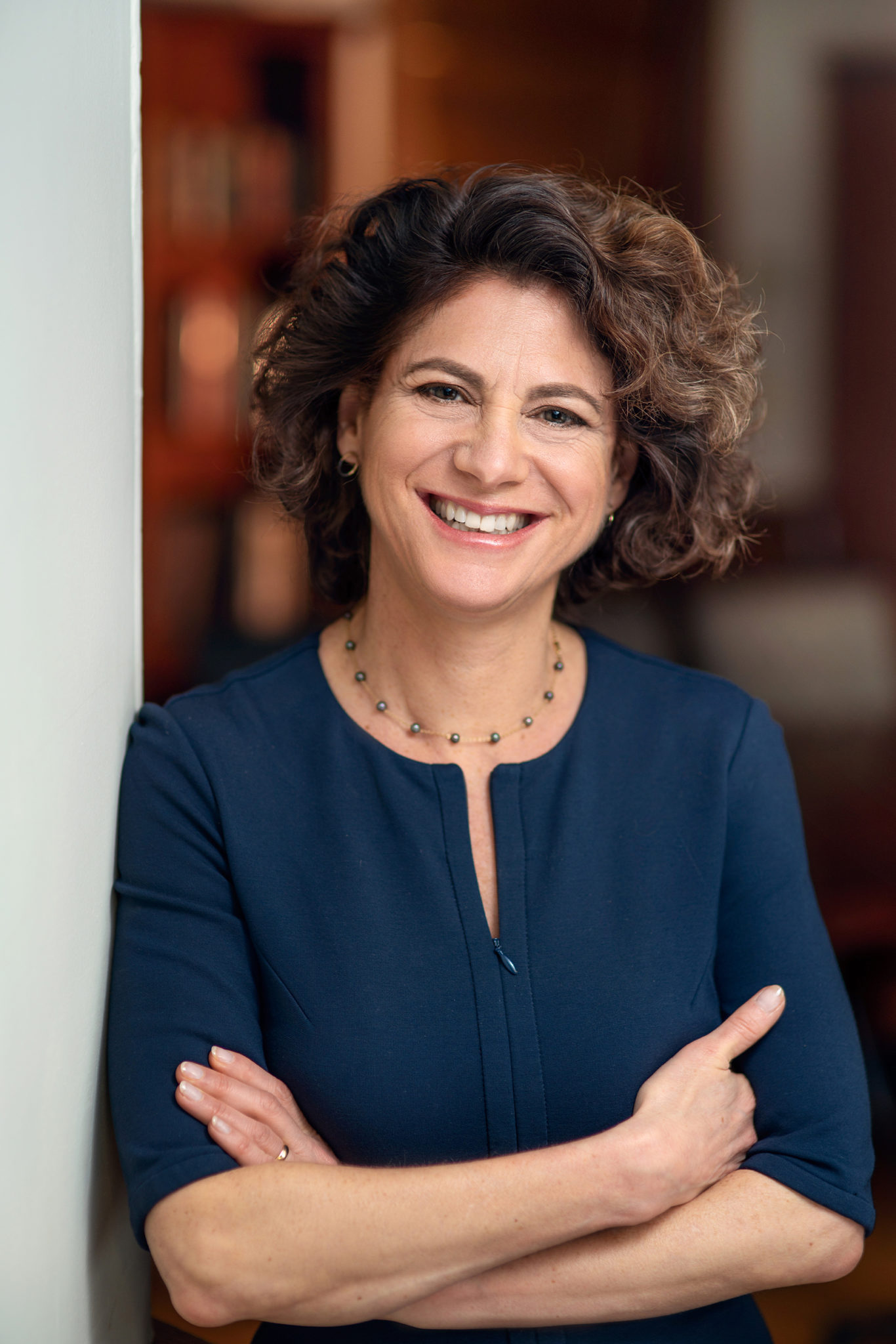
Wikimedia
Yale will conduct an internal review of its administrative structure this spring, five years after the University added the position of Dean of the Faculty of Arts and Sciences to the University cabinet, University President Peter Salovey told the News on Sunday.
Prior to the 2014 restructuring of the University’s administration, the Dean of Yale College and the Dean of the Graduate School used to manage FAS faculty promotion and tenure. Now, the Dean of the FAS — a position currently held by Tamar Gendler — oversees appointments, promotions and the budget for the FAS.
Gendler, now nearing the end of her five-year term, is under a routine review of her performance as dean. While it remains unclear how the review of Yale’s administrative structure will be conducted, FAS faculty members and administrators interviewed by the News diverged on whether the restructuring in 2014 had made the University administration more effective at addressing faculty needs.
“I will await the review of the new structure that I will commission later in the semester, of course, but it is my impression that the new decanal structure has addressed [concerns about the previous administrative structure],” Salovey said. “…I do not see much downside to the new structure. In fact, it also has allowed the FAS now to be better represented in university-wide leadership groups such as the University Cabinet.”
Salovey wrote in an email to the News that he realized the potential benefits of changing the University’s administrative structure during his time as the University Provost. Having to spend so much time overseeing FAS faculty matters left little time for the provost to “look strategically at the University as a whole,” Salovey explained. He added that at the time, the FAS had no dean to negotiate its budget with the provost and that the promotion and tenure system contributed to a significant workload for the Yale College Dean and the Dean of the Graduate School, who split that duty.
According to economics professor Dirk Bergemann, who was on the 2014 Ad Hoc Committee on Decanal Structures that recommended the administrative restructuring, the creation of the Dean of FAS was “a long overdue change.” Gendler can focus on FAS-specific matters previously neglected by the prior system, such as the slow growth of math, statistics and computer science departments at the University, Bergemann said. Assistant Director of Faculty Affairs Pam Bosward added that the addition of Gendler’s post allowed her office to better support FAS faculty at the beginning, middle and later stages of their careers.
In an interview with the News, economics professor and chair of the FAS Senate William Nordhaus also said that the 2014 administrative restructuring has been “extremely constructive.” While Nordhaus said having a dean “devoting all of her energy to managing, to overseeing, to strategizing, to devising a plan for how to move forward” has been beneficial for the FAS, he added that the FAS Dean’s office is still understaffed, especially compared to Yale’s peer institutions. Recently, the office reshuffled to the upper floors of Warner House after the Yale College Dean’s Office relocated to accommodate Woodbridge Hall’s interim closing.
Nordhaus also said the University should delegate more budgetary authority to the FAS Dean’s office. The 2014 Ad Hoc Committee report requested Salovey to “consider seriously the possibility of introducing an FAS Dean … with primary responsibility for the FAS budget” similar to the budgetary authority of professional school deans.
In an interview with the News, Bergemann agreed that the process of devolving duties from the provost to the Dean of the FAS has “not progressed enough yet.”
“At a longer horizon, the university probably has to think about whether Yale College should become a School of Arts and Sciences, where … both … undergraduate and graduate [programs] are organized in one coherent and well-coordinated school with a strong and independent budget,” Bergemann said.
Dean Gendler explained that the FAS Dean has full oversight over the FAS faculty salary and departmental budgets.
But even with a new office and dean dedicated to the FAS, physics professor Steve Lamoreaux and professor of molecular, cellular and developmental biology Joel Rosenbaum said that their administrative duties have increased over the years. And according to the full version of the FAS Senate Research and Scholarly Excellence Report obtained by the News, faculty members identified lack of time as the biggest impediment to research. The report showed that 73 percent of tenured faculty member respondents believed that their administrative duties have increased since they came to the University and 56 percent reported a decrease in their departmental administrative support staff.
Still, astronomy professor Debra Fischer said in an interview with the News that the administrative restructuring “democratized some of the administrative activities” by involving more faculty members.
“This allows for the injection of more diverse ideas from individuals who are on the front lines, teaching and interacting with the students in their divisions,” Fischer said. “… Some faculty are assuming more obligations as citizens of the university, but I believe this is a rewarding activity.”
In an email to the News, Gendler said if the FAS dean’s office is “doing our job well, our work should be invisible.”
Gendler is a professor of philosophy, as well as of psychology and cognitive science.
Serena Cho | serena.cho@yale.edu
Carly Wanna | carly.wanna@yale.edu







